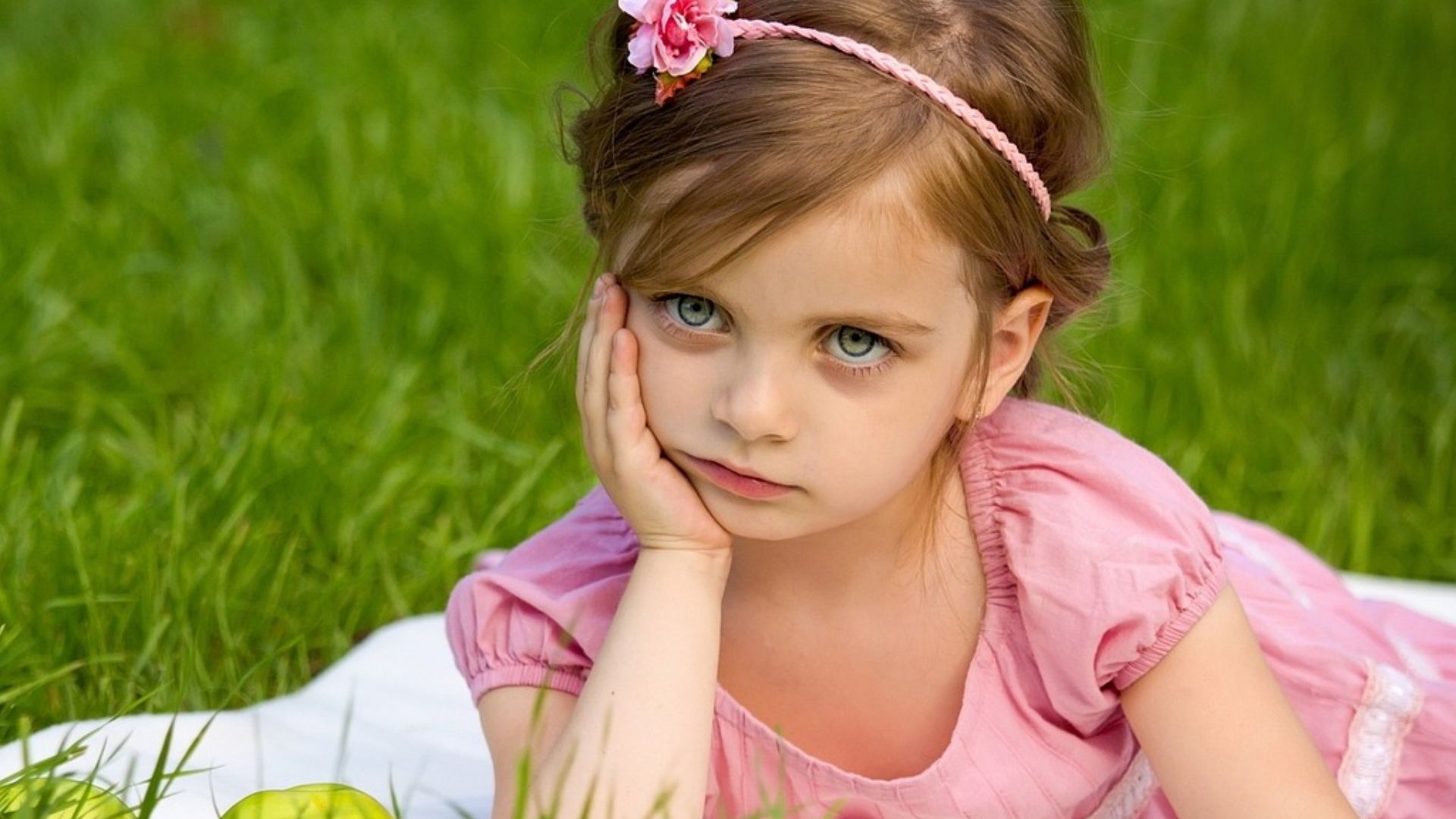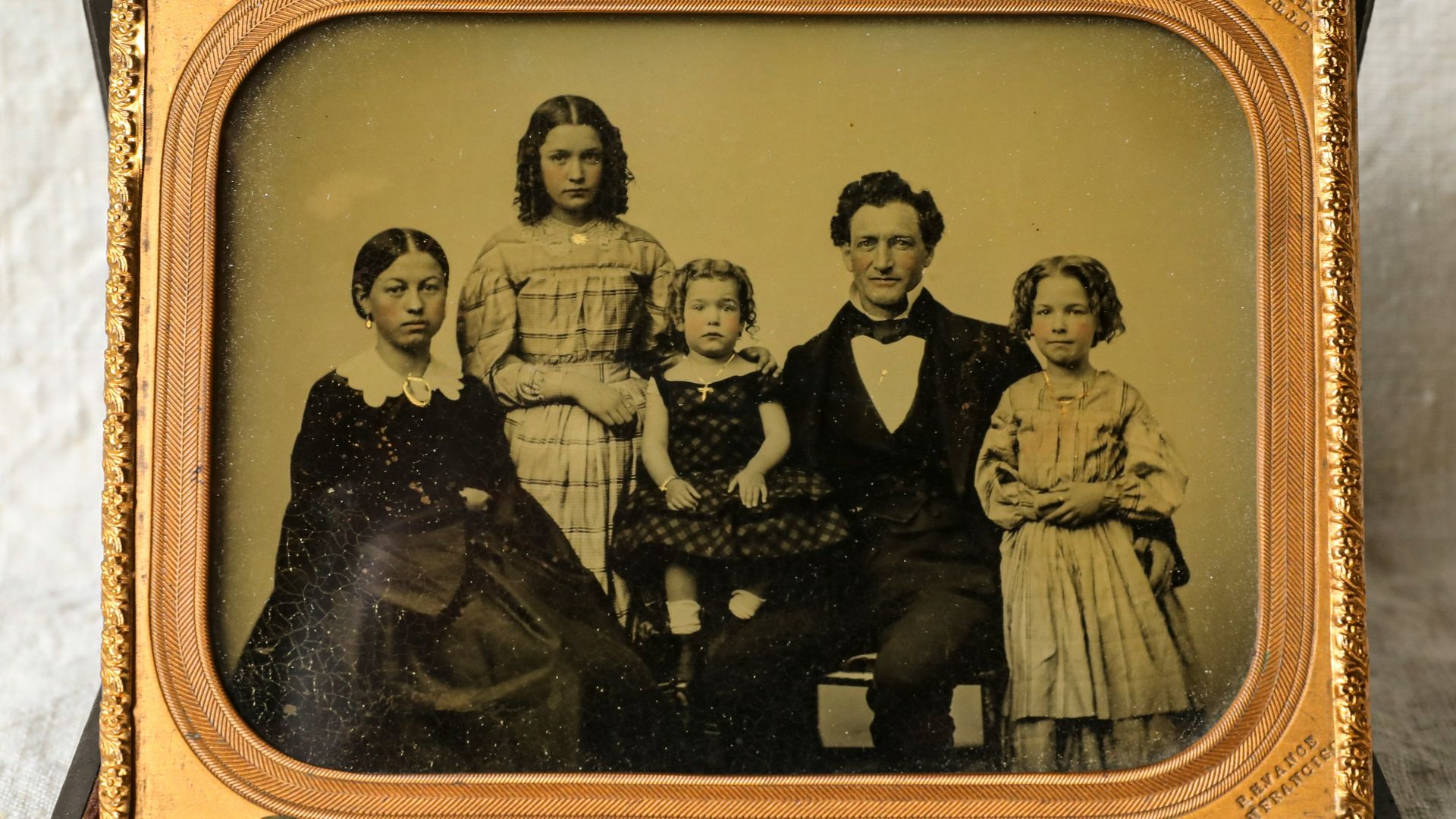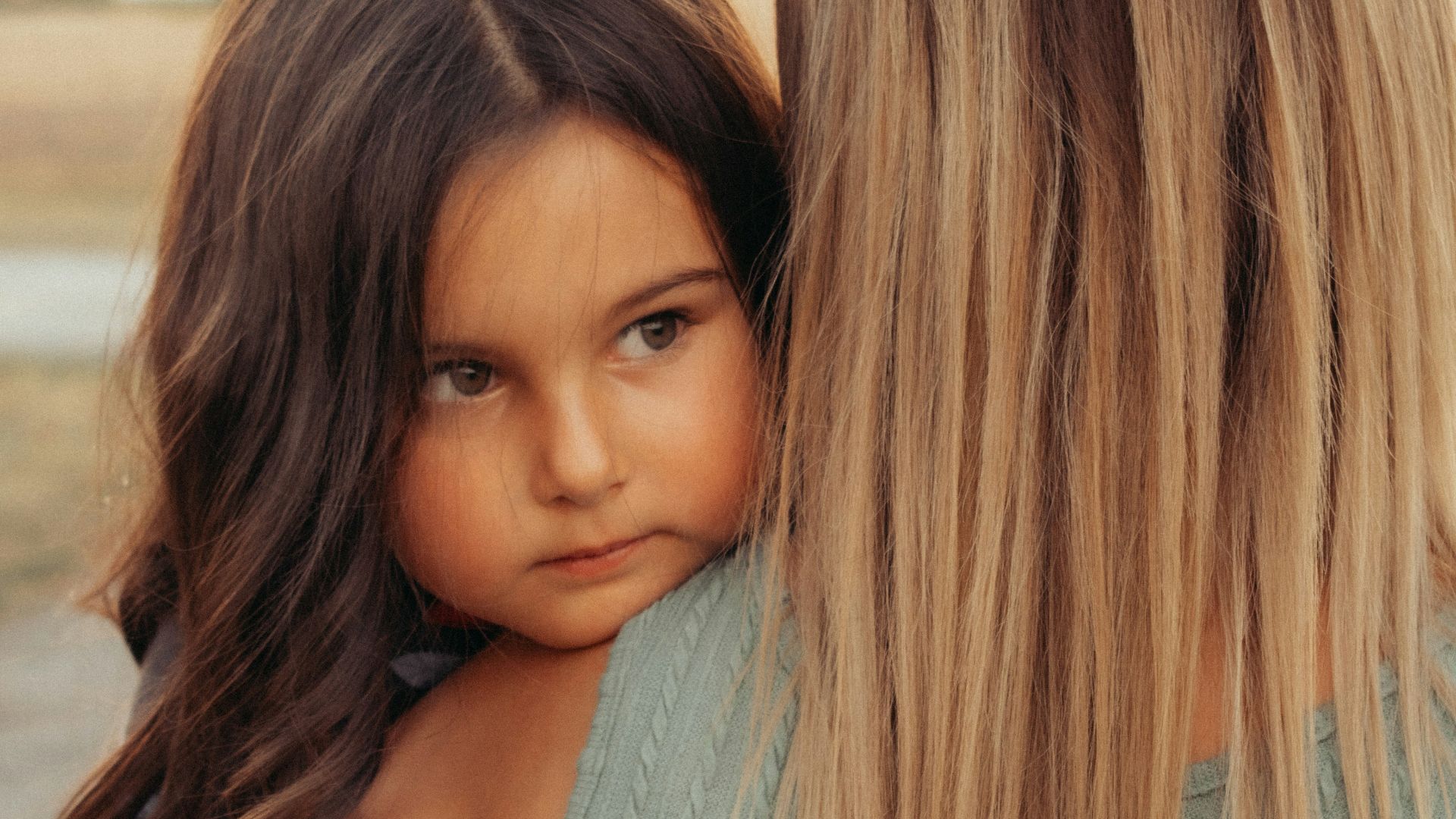The Meaning of Motherhood
For as long as humans have been around, the meanings and methods behind motherhood have been evolving. You have some mothers who believe their children are the future and hence the only thing that matters, while others simply use their kids as a retirement fund. Then there’s the recent uptick in women refusing to have kids. With all these different approaches in mind, this list breaks down every type of generational mother from the pre-20th century to modern day.
1. Pre-20th Century: The Breeder
The breeder refers to a period where women had one very distinct purpose: to have children. Children weren’t seen as an option but were instead considered the only value a woman brought. Being a child bearer and a homemaker were hence seen as integral to preserving lineages and were more important than individual agency.
2. Early 1900s: A Woman’s Duty
Similar to the breeder mentality, motherhood was still seen as necessary and expected. But it also became a symbol of duty and home. It was seen as morally virtuous to have children and was seen as a way women could serve their country.
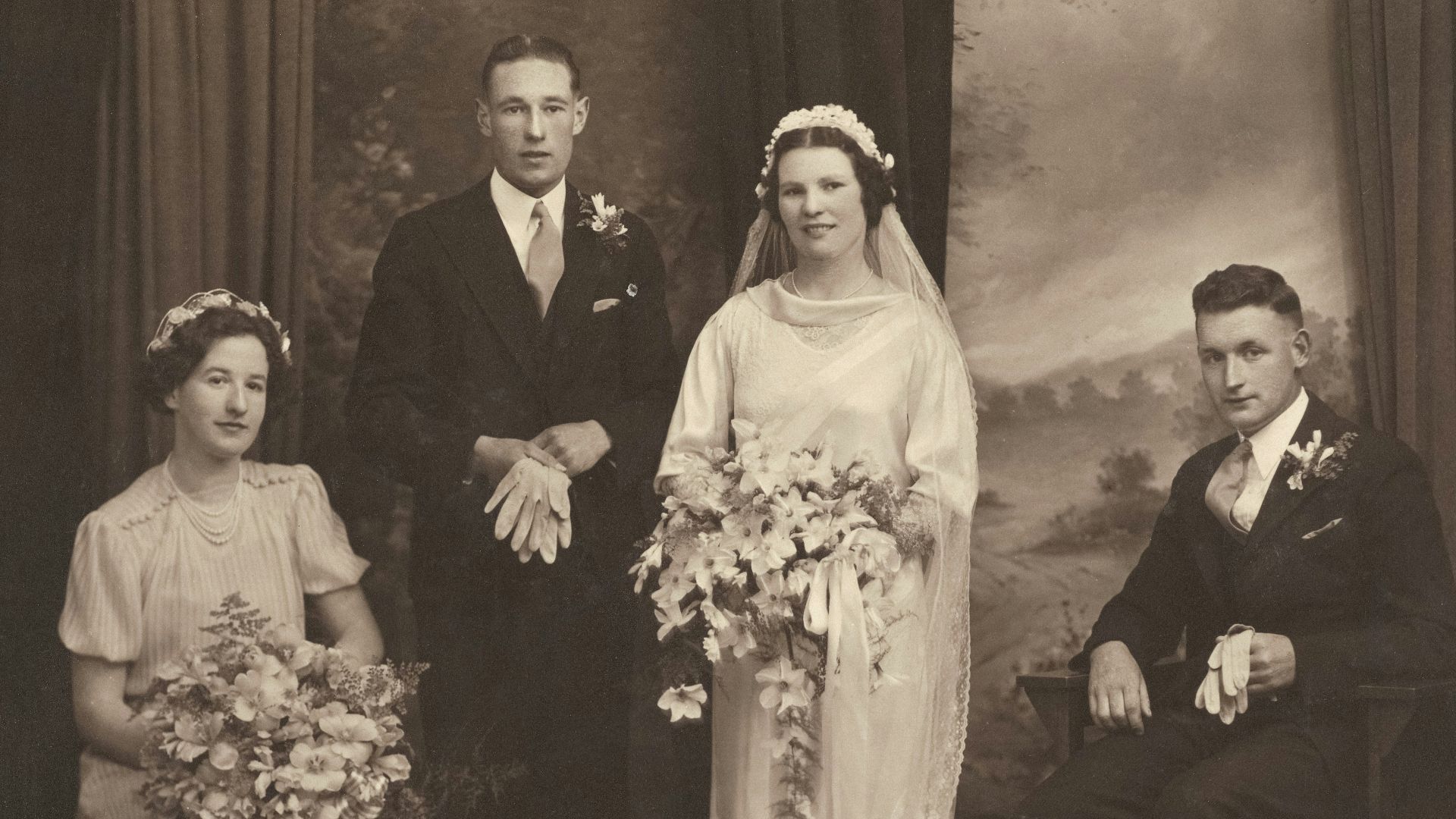 Museum of New Zealand Te Papa Tongarewa on Unsplash
Museum of New Zealand Te Papa Tongarewa on Unsplash
3. The 40s and 50s: American Dream
Post World War 2, motherhood was being glamorized. Women were advertised ideas of being the perfect housewife and meeting the mother archetype. In fact, having children was part of the American dream and was seen as more important than personal ambitions.
4. The 60s and 70s: Early Boomers
By this point, some women began joining the workforce. This created a bigger divide, as many women were now convinced more than ever that their true purpose was motherhood. Stay-at-home moms still dominated the field, and the idea of putting your kids above your own dreams began to take root.
5. The 80s: Boomers
This is when we see competitive parenting on the rise. More and more women were beginning to live vicariously through their children and used them as the main source of their identity. That meant giving their kid every opportunity, or alternatively, pushing them to do as much as possible to fulfill the mother’s own desire for achievement.
6. The 90s: Boomers Continued
Many boomers still see motherhood as a part of a woman’s experience and believe you can’t have a full life otherwise. There was a lot of pressure during this period to marry early and have children as young as possible. The idea of a mother being able to keep up with her kids was glamorized, so women were less likely to wait till later.
7. The 90s: Helicopter Moms
Both late boomers and early Gen X were privy to the era of hyper-involved parenting. With concerns about safety on the rise, moms became more focused than ever on monitoring their kids and staying in control. While some saw this as a means for safety, others saw it as helicopter-parenting and thought parents were becoming too domineering.
8. Gen X: Anti-Helicopter
As Gen X observed and sometimes experienced helicopter parenting, their reaction was the antithesis. They rejected overbearing parenting ideals and preferred a laid-back approach. The idea of letting your kid learn from their mistakes became a mainstay in parenting.
9. Gen X: Finding a Balance
But there were negatives on both sides of the coin, whether that meant being overbearing or being laid back. Finding a balance didn’t only apply to parenting style, but it began to apply to work as well. More women began working and were faced with a choice that prior generations didn’t struggle with: family or work.
10. Gen X: The Skeptics
At their core, Gen X mothers were all about realism and transparency. They didn’t strive to be perfect parents the way boomers did. Perhaps because they felt there was no such thing as perfect parents.
11. The Millennial Moms
The millennials were those born from the 80s to the 90s, and they had their own goal in terms of parenting. Many of them focused on breaking generational stigmas and being gentle parents. They weren’t afraid to embrace therapy and were all about mental health and emotional openness.
12. Millennials: No Mistakes
Millennial moms didn’t try to be perfect, but they were almost overtly apologetic. They were focused on avoiding their own parents’ mistakes and getting it right. There was a lot of pressure to be a good parent, a word whose definition had changed over time.
13. Millennials: Information Overload
Millennials were also more likely to turn to expert opinions and books to guide their parenting. It wasn’t as natural and go-with-the-flow as prior generations, perhaps because millennials were so afraid of making mistakes. This meant they were the parents most often scrolling forums and blogs or turning to parenting influencers.
14. The 2000s: Online Communities
Around the 2000s, motherhood began to change again. The rise of technology created new opportunities to make communities and support one another. Online mom groups became a thing for one. But with the rise of technology, a lot of these moms were more isolated in their real lives, and marriages also began to be delayed.
15. The 2000s: Redefining Gender Roles
Around this period, the roles of genders began to shift and blend. In the past, women had an innate duty to become mothers or would often choose family over work. But now, plenty of women were choosing work instead. In fact, fathers began to have a more direct role in child raising, as couples started sharing parenting duties, chores, and work hours.
 Christina @ wocintechchat.com on Unsplash
Christina @ wocintechchat.com on Unsplash
16. Millennials: Thwarting Traditions
It’s also the millennials and some Gen Z parents who began going against family traditions. They would choose professional advice over the advice of their own mothers. These opinions, as well as social media influence, would play a large role in their decision-making.
17. Gen Z: Hyperaware
Gen Z has a very cynical view of the world, seeing it as unsafe and unstable. Due to this instability, they often delay marriage or motherhood. Having kids in their mid-30s became increasingly popular among this generation.
18. Gen Z: Anti-Tradition
While millennials would choose modern advice over traditions, Gen Z had more scrutiny for the world. They didn’t subscribe to gender roles at all, foregoing the idea that motherhood is a necessary or fulfilling part of life. Child-free lifestyles began to gain traction, with many couples choosing to forgo having a family to focus on their own lives instead.
19. Gen Z: Digital Parenting
For Gen Z individuals who did decide to have children, digital technology began to play an integral role in raising their kids. They would incorporate tech from parenting tools to interactive TV shows to engage their kids. This is where the “iPad kid” idea began to gain traction, which essentially refers to a child raised by their iPad rather than their parent.
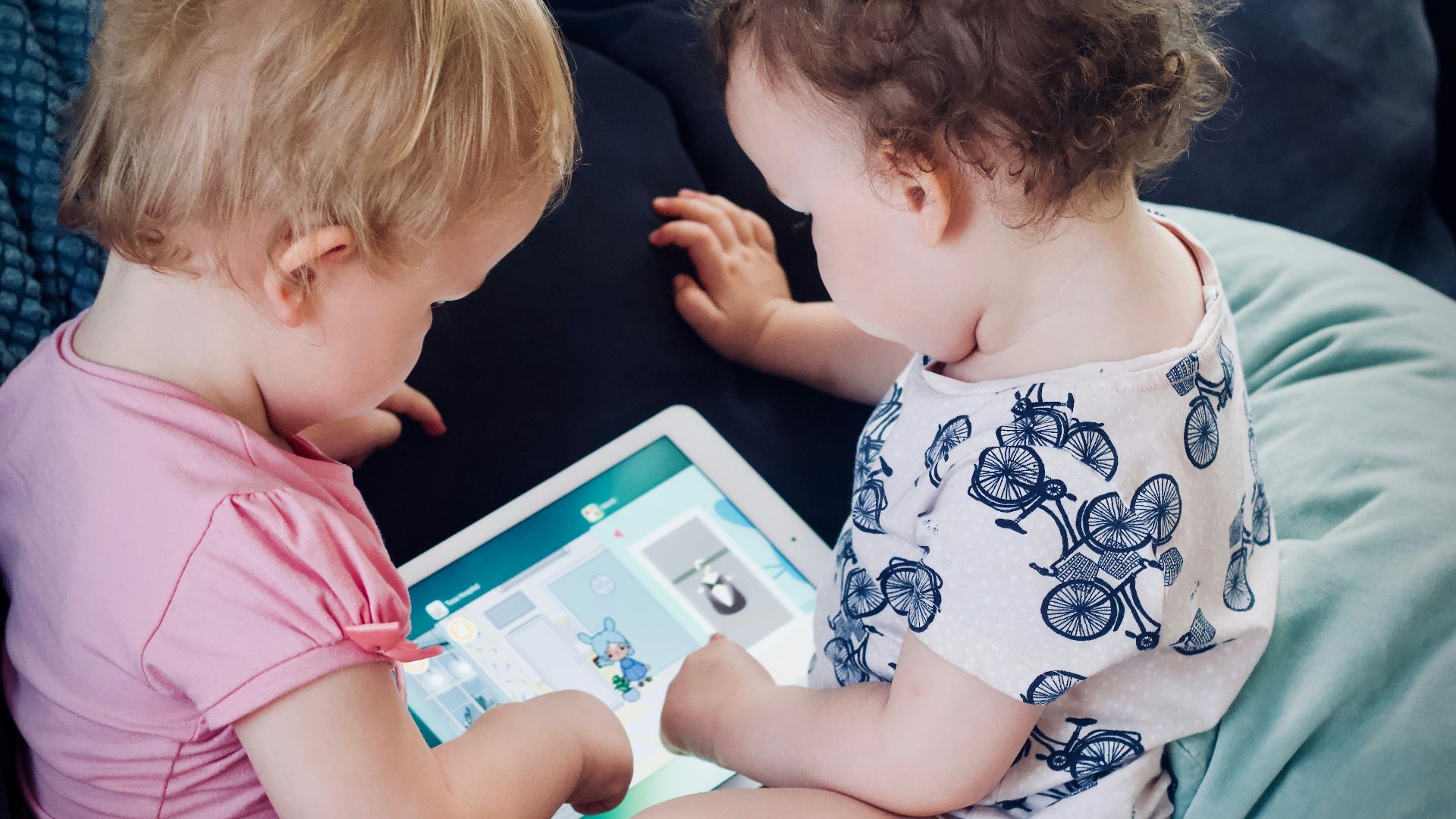 Jelleke Vanooteghem on Unsplash
Jelleke Vanooteghem on Unsplash
20. Is It Ethical?
It’s clear that birth rates are declining in most developed countries, with lots of women asking one very important question: is it ethical to have kids? While lots of previous generations had motherhood ingrained in them, Gen Z doesn’t feel that way. The world around them is unbearably expensive, corrupt, and on the brink of a climate disaster. This cynical attitude is why many are choosing not to have kids and bring them into a messy world.


